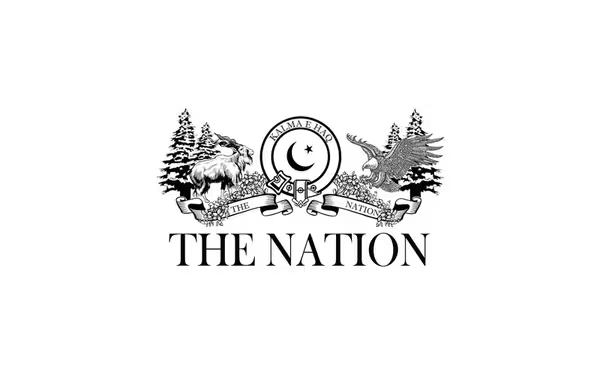Saturday, November 16, 2024 07:39 PM
Fawad Hussain Calls for Proactive Leadership to Safeguard Pakistan's Political Autonomy
- Fawad urges proactive stance for political autonomy.
- Trump's return may reshape U.S.-Pakistan relations.
- Criticism of current government's inconsistency highlighted.
 Image Credits: nation_pk
Image Credits: nation_pkFawad Hussain emphasizes the need for proactive leadership to protect Pakistan's political autonomy amid changing U.S. relations.
In recent times, the political landscape in Pakistan has been tumultuous, particularly following the ousting of former Prime Minister Imran Khan in 2022. His supporters, both within the country and internationally, have been vocal about his release from legal troubles. However, according to former PTI minister Chaudhry Fawad Hussain, the real solution to Imran Khan's struggles lies within Pakistan's own political and legal framework.
During a recent statement in Jhelum, Fawad highlighted the implications of Donald Trump's return to the U.S. presidency. He noted that Trump's personal admiration for Imran Khan, stemming from their shared nationalist views, could potentially reshape U.S.-Pakistan relations. However, he cautioned that any direct intervention from the Trump administration for Khan's release is unlikely. Fawad emphasized that without significant changes in the political environment or legal circumstances, Imran Khan's challenges are expected to persist.
When asked about the PTI's claims regarding the Biden Administration's role in Khan's removal, Fawad suggested that Trump's presidency might offer a chance to reset diplomatic ties based on mutual interests and respect for sovereignty. He remarked, "The recent calls from U.S. congressmen for Imran Khan's release indicate a growing awareness in the U.S. about Pakistan's internal political dynamics." However, he pointed out that such support remains largely symbolic unless it is accompanied by tangible diplomatic or economic actions.
Fawad further speculated that if Congress continues to exert pressure, the Trump administration might explore diplomatic channels to advocate for fair judicial processes in Pakistan. He urged Pakistani leaders to adopt a proactive approach to protect the nation's political autonomy, especially in light of the shifting U.S. foreign policy landscape.
To achieve this, Fawad suggested that Pakistan should strengthen its diplomatic relationships with a broader range of allies, reducing its reliance on the U.S. He also stressed the importance of upholding democratic principles and the rule of law to enhance both internal and international credibility. Additionally, he highlighted the need for investment in domestic economic stability to mitigate vulnerabilities that could expose Pakistan to external political pressures.
Fawad did not shy away from criticizing the current government, noting its open support for the Biden Administration. He pointed out that senior ministers, who previously criticized Trump, quickly deleted their negative tweets following his electoral victory, showcasing a lack of consistency in their stance.
The political future of Pakistan hinges on its ability to navigate complex international relationships while fostering internal stability. As the nation faces challenges both domestically and internationally, it is crucial for its leadership to adopt a forward-thinking approach that prioritizes national interests and sovereignty. The evolving dynamics of U.S. politics, particularly with Trump's return, could serve as a pivotal moment for Pakistan to redefine its diplomatic strategies and reinforce its commitment to democratic values.













